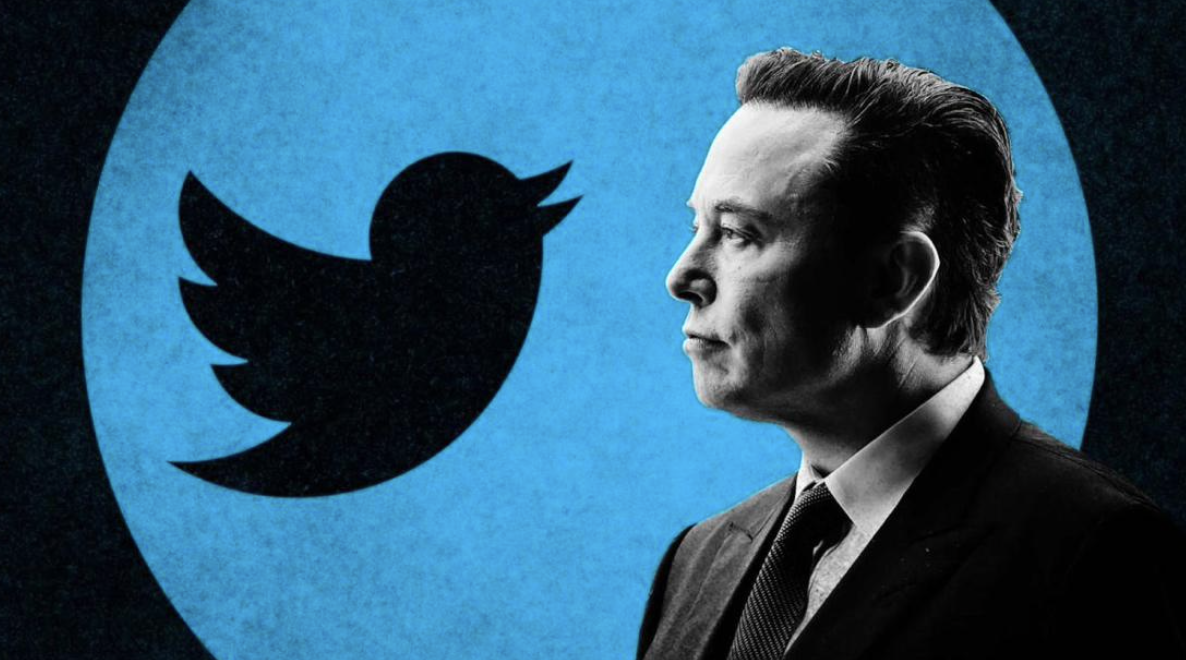Will we be saying goodbye to Twitter in the New Year?

Isa Hinojosa ’25
Arts and Entertainment Editor and Chive Editor
The popular social media site, Twitter, was launched in March of 2007 by former Google employees, Biz Stone and Evan Williams (Britanica). However, under new ownership, users are speculating that the platform may not get to celebrate its Sweet 16 next year.
After a lengthy saga of back and forth between Twitter and billionaire Elon Musk (which included Twitter suing Musk and Musk countersuing back), Musk purchased Twitter for $44 billion on October 8, 2022 (ABC News). This set in motion one of the craziest and most confusing undertakings of a company in history.
The change in ownership caused a mass exodus of Twitter employees. Musk reportedly gave all employees an ultimatum: Be prepared to work intensively for long hours or accept three-month severance pay and leave. It is estimated that Twitter has lost almost 4,000 employees just this month (CNN).
Why did Musk decide to make these extreme cuts? It is rumored that Twitter has not turned a profit for eight out of its last ten years. By cutting employees, Musk was taking the easiest route to cut expenses, but at potentially serious costs.
Musk has also eliminated all remote positions at Twitter, which has many disability activists fired up (Reuters.com). Since many disabled people are given accommodations to work from home because of their disabilities, this action seemed blatantly discriminatory to many.
Many concerns have also been raised about the talent that the company has lost since Musk’s acquisition. Since the engineer and worker deficit the company has experienced, it has been reported that there have been multiple site outages, less control over misinformation, and an even greater profit loss than before of $4 million a day (Wall Street Journal).
Twitter users also have new safety concerns due to the lack of people monitoring the site. People fear that hackers will have easier access to personal information and account information that could cause serious damage. This has caused many users that were previously very active on Twitter to delete their accounts.
In an attempt to revitalize Twitter, Musk also took the initiative to give users that were previously banned from their accounts for various reasons access to their accounts again. This action has also proved harmful for members of marginalized groups.
An example given by an analyst at BBC News is that Musk has granted access to accounts that were banned for misgendering trans people. By allowing inappropriate behavior such as this, Twitter is now a harmful place for trans people and anyone who is susceptible to hate speech that will now be allowed by Musk.
As the fear of bankruptcy looms over Twitter, Musk has also implemented a subscription system, “Twitter Blue,” that allows users who pay $7.99 a month to get a blue checkmark next to their account that was previously only given to celebrities and people who had at least some sort of importance.
Notably, author Steven King tweeted complaining about having to pay to keep his verification. Musk defended himself by tweeting back, “We need to pay the bills somehow! Twitter cannot rely entirely on advertisers. How about $8?” He also followed up with another tweet that read, “I will explain the rationale in longer form before this is implemented. It is the only way to defeat the bots & trolls.”
In true Twitter fashion, users are having a riot with this whole situation. After Musk tweeted out, “Comedy is now legal on Twitter,” many users purchased a tick to make their account appear verified and proceeded to make Elon Musk parody accounts in response to his Tweet, saying outrageous things as Elon Musk.
This apparently crossed Musk’s line, as he quickly shut down the whole situation by, once again, tweeting, “Going forward, any Twitter handles engaging in impersonation without clearly specifying ‘parody’ will be permanently suspended.” Comedy’s legality on Twitter seemed to be extremely short-lived.
Only time will tell how long Musk’s rule on Twitter will last before the company goes bankrupt or there are no users remaining on the platform. At this point, experts are speculating that it will not be much longer.